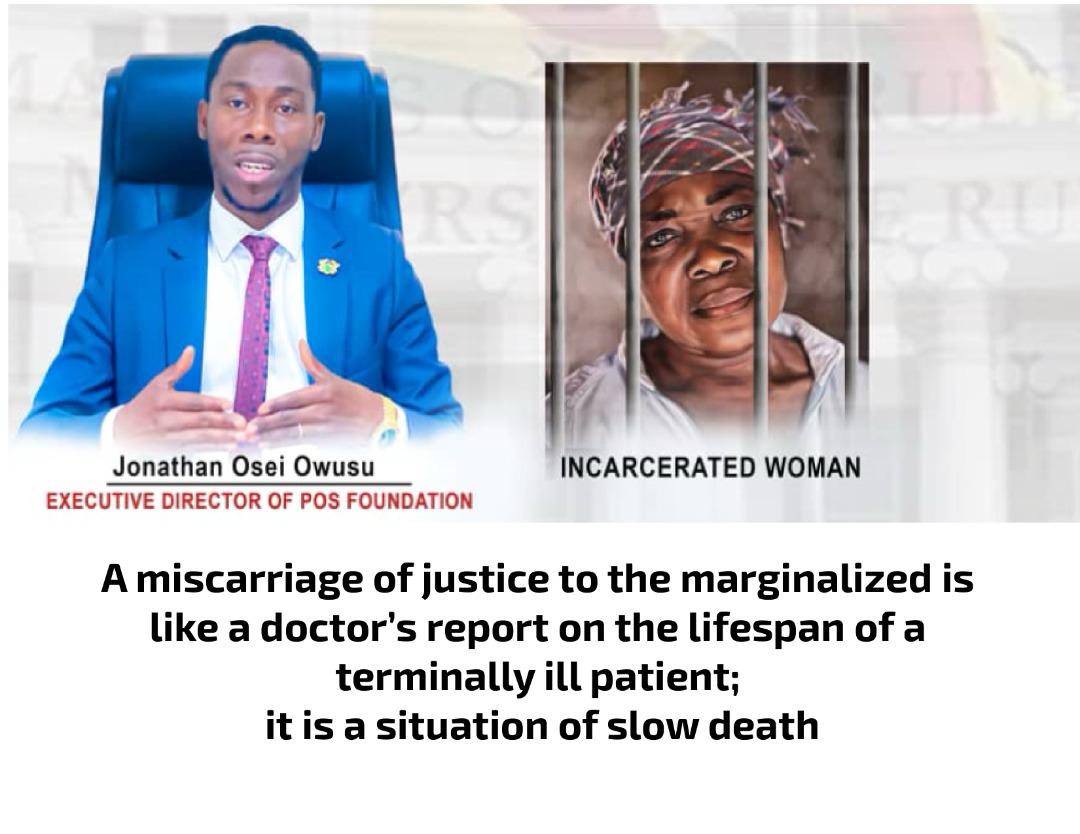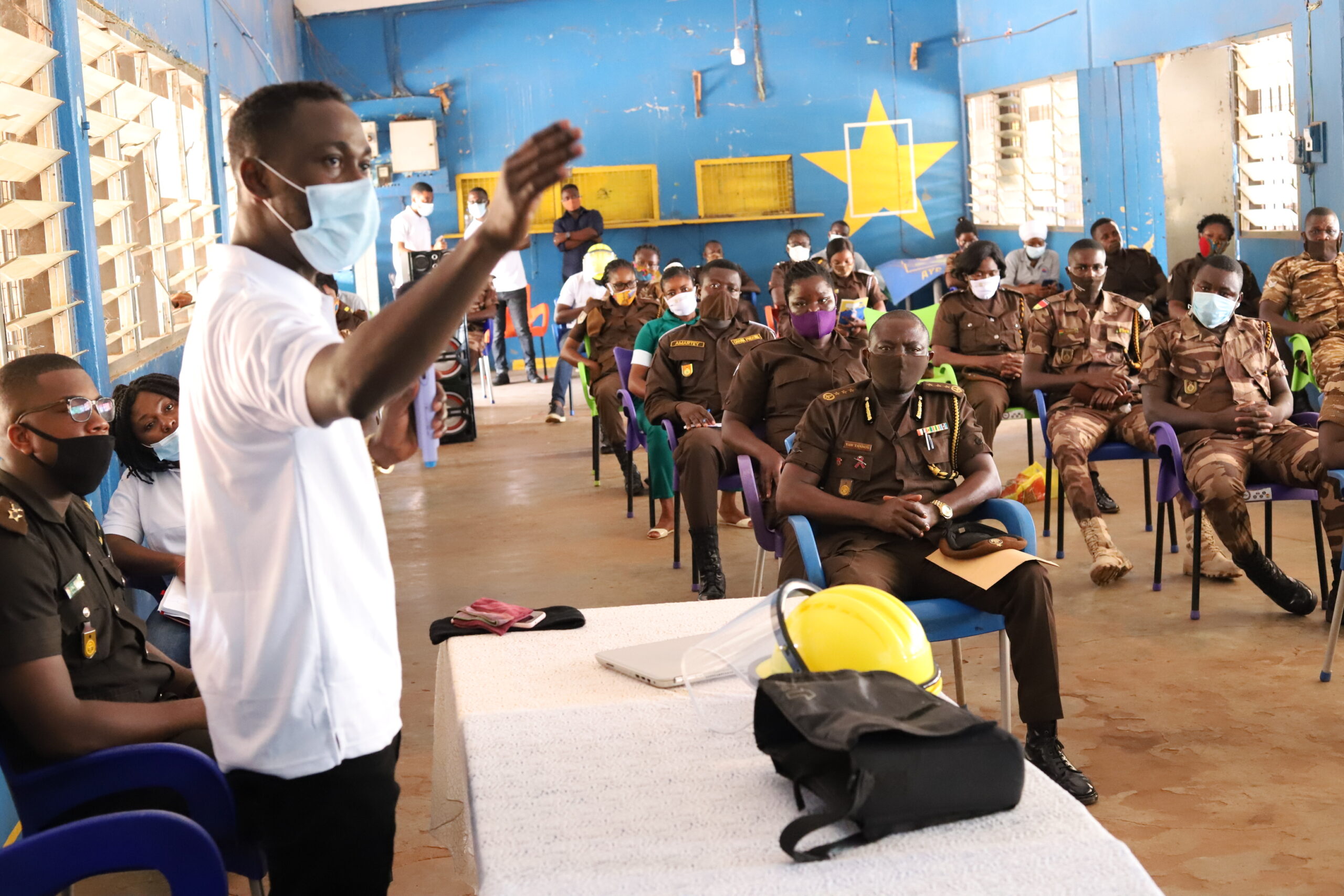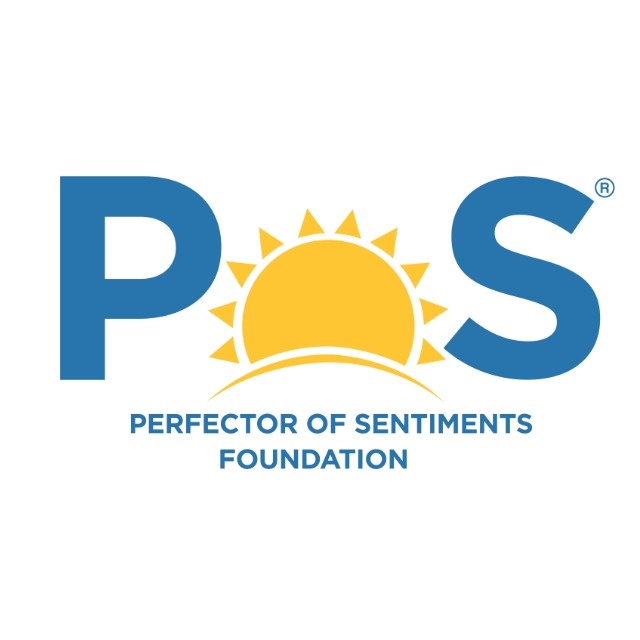Menu
Close


The POS Foundation, with support from the U.S. Department of State, launched the IPP pilot at Nsawam Medium Security Prison in 2019. An intensive training program was conducted for selected prison officers, inmates, and external personnel, equipping them with legal knowledge and skills to manage a newly established paralegal office to enhance the appeal school.
The training, led by seasoned lawyers, covered essential aspects of legal representation, including:
Understanding Ghana's Criminal Justice System.
Criminal law and Jurisprudence.
Drafting basic legal documents, affidavits, motions, and written submissions for vetting and reviews by lawyers
Filing appeals by convicted inmates on self-representation.
Following the initial training, a three-month mentorship program ensured continuous capacity-building, enabling trained paralegals to review cases, refine legal strategies, and share best practices.
Encouraged by the success of the Nsawam pilot, the POS Foundation, with support from Deutsche Gesellschaft für Internationale Zusammenarbeit (GIZ), expanded the IPP to Kumasi Central Prison in 2023. This phase aimed to provide free legal assistance to both remand and convicted prisoners while strengthening the capacity of inmates and prison officers as paralegals.
The Kumasi training program was led by Justice Sir Dennis Adjei of the Court of Appeal and other legal experts. The training covered advanced legal procedures, appeal processes, and strategies for effective self-representation. Since its expansion, the program has successfully facilitated the release of four inmates through the efforts of trained in-prison paralegals.
To further enhance the efficiency of the IPP, the POS Foundation introduced an advanced case management software designed to:
Digitally track the bio-data of beneficiaries
Streamline the collection of case records and inmate interviews
Facilitate the drafting and filing of legal applications (affidavits and motions)
Generate real-time criminal justice infographics and reports
Provide a shared database accessible to all relevant Justice Sector Institutions under the National Steering committee of Justice for all
This technology-driven approach significantly reduces processing time, minimizes paperwork, and enhances collaboration among legal stakeholders, ensuring a more efficient justice delivery system.
Building on the successes at Nsawam and Kumasi Central Prisons, the IPP aims to expand nationwide, targeting key prisons across Ghana. The program’s long-term vision includes:
Scaling up training programs to empower more inmates and prison officers
Strengthening legal aid partnerships to increase pro bono representation
Integrating technology further for case tracking and digital court filing
Advocating policy reforms to institutionalize in-prison legal support services

Locate Us:
Ghana Post GPS : GA3602673
Yogaga Street Mataheko,
Central University